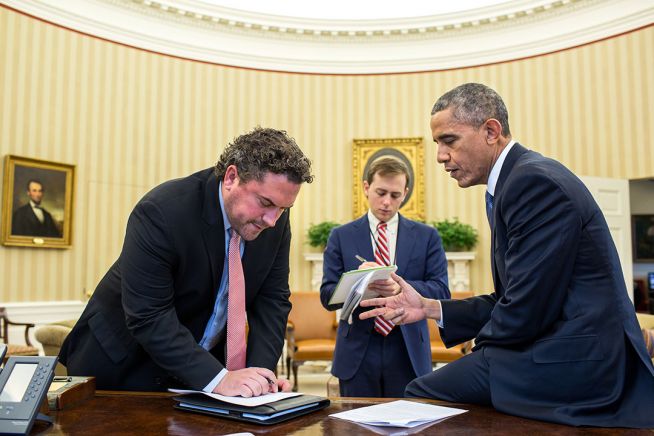Undocumented immigrants who have been in country for five years, have children who are American citizens or legal residents and who pass a background check can apply for temporarily residency, according to President Barack.
“You can come out of the shadows and get right with the law,” he said Nov. 20 while announcing a new executive action. “We need more than politics as usual when it comes to immigration; we need reasoned, thoughtful, compassionate debate that focuses on our hopes, not our fears.”
He also announced greater support for law enforcement on the border and making it easier for “high skilled immigrants, graduates and entrepreneurs to stay and contribute to our economy.”
Anticipating criticism, the president said:
“And to those Members of Congress who question my authority to make our immigration system work better, or question the wisdom of me acting where Congress has failed, I have one answer: Pass a bill.”
Archbishop José H. Gomez issued a statement in response to the executive action, stressing the need for comprehensive reform.
“Our system is broken and needs modernized to meet the realities of a global economy. Everyone knows that. And because the system is broken, many of our neighbors are suffering, including millions of families and children,” the archbishop said.
Families are being “torn apart by deportations,” he said. While he welcomed to action because it would provide relief, the archbishop criticized it because it isn’t permanent.
“Now is the time for us to make new efforts and new commitments to help our leaders in Washington set aside their differences and come together to fin solutions that are just, compassionate, lasting and comprehensive,” he said.
Seattle Auxiliary Bishop Eusebio Elizondo, M.Sp.S., chairman of the U.S. bishops Committee on Migration, welcomed the deferral of deportations.
“We have a long history of welcoming and aiding the poor, the outcast, the immigrant and the disadvantaged,” he said. “Each day, the Catholic Church is the United States, in her social service agencies, hospitals, schools and parishes, witnesses the human consequences of the separation of families, when parents are deported from their children or spouses from each other.”
Louisville Archbishop Joseph J. Kurtz, president of the U.S. Conference of Catholic Bishops, underscored the need for “a more humane view of immigrants and a legal process that respects each person’s dignity.”
Quoting Pope Francis, he said, “Every human being is a child of God! He or she bears the image of Christ! We ourselves need to see, and then to enable others to see, that migrants and refugees do not only represent a problem to be solved, but are brothers and sisters to be welcomed, respected and loved.”
Others in Washington had a more tepid response.
U.S. Senator John McCain (R-AZ) recalled the president’s statement that an executive action on immigration reform “was not an option.” He said he regretted the president had changed his mind and said the action would set back bipartisan efforts for reform.
“The president’s unilateral action announced today fails to address the root causes of the dysfunction in our immigration system, including an insecure border, the absence of a rational, efficient guest worker program to meet America’s urgent labor needs and a broken system for legal immigration,” he said.
“Immigration is an issue that must be debated and decided by the representatives of the people, not by executive fiat,” McCain said.
Sen. Rand Paul (R-KY) also took issue with the executive action.
“President Obama is not above the law and has no right to issue executive amnesty,” he said. “I believe that immigration reform is needed, however for true and effective reform, we must first secure the border. I will not sit idly by and let the president bypass Congress and our constitution.”
Nov. 20 is the anniversary of the Mexican Revolution, though it is customary to celebrate the revolution on the third Monday of November.

